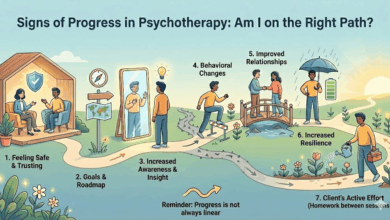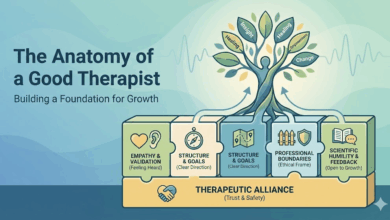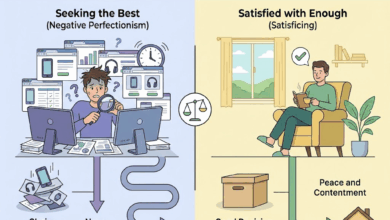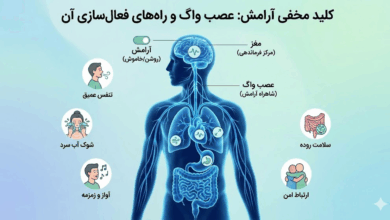The Psychology of Likes: How Online Feedback Shapes Our Mental Health
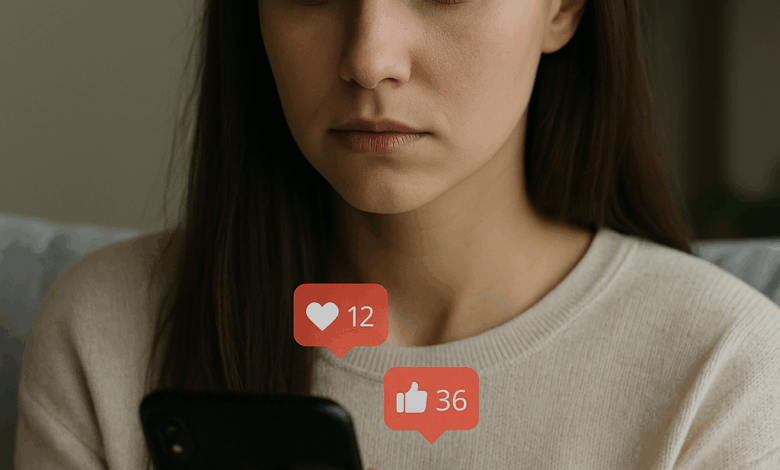
Do We Post for Meaning or for Attention? The Silent Power of the Digital Reward
Every day, we share something — a photo, a thought, a memory — and wait for the familiar pulse of reaction. How many likes? Who noticed? Who scrolled past without caring? On the surface, social media seems like a tool for connection, but a recent study from UCLA reveals a more complex truth: online feedback has quietly become one of the most powerful forces shaping our mental health.
The study, titled The Role of Likes: How Online Feedback Impacts Users’ Mental Health, used brain scans of teenagers and adults to explore what really happens when we receive a “like.” It turns out that getting likes activates the same reward centers in the brain that respond to food, social praise, or even money. In other words, the human brain processes digital attention as a genuine form of reward.
But there’s a darker side. The same way the brain grows attached to pleasure, it also reacts painfully when that pleasure disappears. When likes don’t come, the areas of the brain linked to rejection and depression light up. From the brain’s point of view, being ignored online feels surprisingly similar to being excluded in real life.
In another phase of the research, participants were shown posts with different numbers of likes. Those exposed to high-like posts reported stronger feelings of belonging and motivation, while low-like posts triggered insecurity and self-comparison. The findings suggest that social media isn’t just a window into others’ lives; it’s a mirror constantly reshaping how we value ourselves.
One of the most striking conclusions was that social media fosters reward conditioning: the mind learns to tie self-worth to external approval. Each time we receive a like, dopamine spikes; when we don’t, it drops. Over time, this cycle rewires the way we measure happiness. Instead of asking, “Am I proud of what I created?” we begin to wonder, “Did they like it enough?”
Still, not everyone is affected equally. People with higher self-esteem or a healthier sense of identity were less influenced by fluctuations in feedback. They tended to see social media as a tool for expression, not validation. Meanwhile, users whose self-worth depends on others’ opinions reported more anxiety and mood swings linked to online interactions.
Age also played a major role. Teenagers were especially sensitive to likes and comments because their reward-related brain regions mature earlier than their self-regulation systems. That imbalance — intense reward response, weaker control — makes them more vulnerable to emotional highs and lows online.
So, should we run away from likes altogether? The researchers say no. The goal isn’t to quit, but to become conscious of the mechanism. When we realize that a like is just a signal of attention, not a measure of worth, it loses its grip. Like sugar, it can give a rush, but it’s not nourishment.
The study suggests teaching especially younger users to distinguish between posting for validation and posting for meaning. Content created from genuine expression — even if it gets few reactions — brings deeper satisfaction. But content crafted to trigger engagement drains emotional energy, leaving us dependent on unpredictable rewards.
Ultimately, the researchers argue that the most important digital skill of the 21st century isn’t coding or marketing — it’s self-awareness. To remember that our value isn’t written in numbers under a post, but in the quality of our relationship with ourselves. Likes come and go, but mental peace isn’t something the algorithm can give or take away.
Source: arXiv – The Role of Likes: How Online Feedback Impacts Users’ Mental Health
